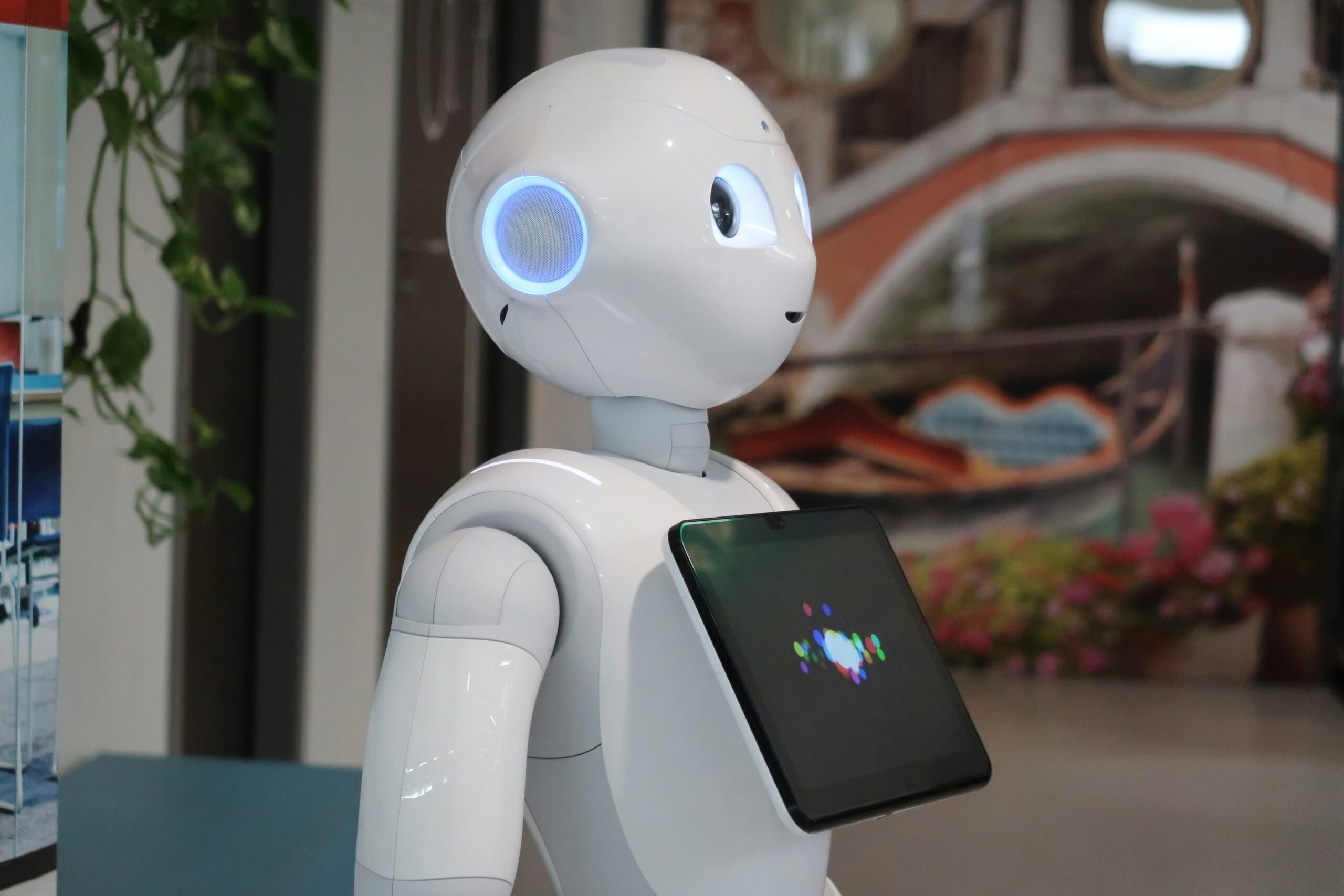
In today’s fast-paced world, businesses are constantly seeking new ways to stay competitive and relevant. One of the most transformative developments in recent years has been integrating innovative technology into business operations. Smart technology is reshaping how companies operate, communicate, and grow from small startups to multinational corporations. The future of business will undoubtedly be defined by how effectively organizations can adapt to and embrace these innovations.
Understanding Smart Technology in Business
Innovative technology refers to devices and systems that use artificial intelligence, machine learning, automation, and connectivity to operate efficiently, often with minimal human intervention. These technologies are designed to learn, adapt, and optimize their functions over time. In business, innovative technology includes everything from intelligent software systems and cloud computing to advanced robotics and Internet of Things (IoT) devices.
When integrated thoughtfully, innovative technology can streamline processes, reduce operational costs, enhance customer experiences, and provide data-driven insights that support strategic decision-making. The impact of these innovations is not limited to any one industry. Whether it’s retail, healthcare, finance, manufacturing, or logistics, innovative technology drives innovation and efficiency across the board.
Efficiency and Automation: A New Business Standard
One of the most immediate benefits of integrating innovative technology into business operations is improved efficiency. Automation allows businesses to complete repetitive or time-consuming tasks faster and more accurately. For example, customer service chatbots can handle basic inquiries 24/7, allowing human agents to tackle more complex issues. In manufacturing, robotic arms and automated production lines can significantly reduce errors and speed up output.
This shift toward automation also means businesses can scale operations more easily without a corresponding increase in labor costs. It empowers companies to be more agile, responsive, and capable of meeting growing consumer demands. As a result, the expectation for instant service and personalized experiences is becoming the norm rather than the exception.
Data-Driven Decision Making
Innovative technology enables businesses to collect and analyze vast amounts of data in real-time. This access to actionable insights helps business leaders make informed decisions faster and more confidently. Predictive analytics, for example, can identify trends and forecast future market behaviors, allowing companies to stay ahead of competitors.
Businesses can also better understand their customers through data. Innovative tools track consumer behaviors, preferences, and feedback, providing invaluable information that can be used to tailor products, services, and marketing efforts. By harnessing the power of data, companies are no longer making decisions based on guesswork but on evidence and strategic analysis.
Enhancing Customer Experience Through Technology
Today’s consumers expect personalized, seamless interactions with brands. Innovative technology plays a crucial role in delivering on these expectations. From AI-powered recommendation engines on e-commerce platforms to mobile apps offering real-time updates and support, businesses use technology to enhance customer satisfaction and build loyalty.
Voice assistants, augmented reality applications, and intelligent customer relationship management systems are just a few tools companies use to create more engaging and convenient experiences. These innovations help businesses stand out in crowded markets and foster stronger relationships with their audience.
Adapting to Remote and Hybrid Work Environments
The rise of remote and hybrid work models has further accelerated the adoption of innovative technology. Cloud-based collaboration tools, virtual meeting platforms, and project management software have become essential for maintaining productivity and communication across geographically dispersed teams.
Innovative technology also monitors employee performance, manages workflows, and ensures cybersecurity in remote setups. Businesses that invest in the proper digital infrastructure can support flexible work and attract and retain top talent who value work-life balance and technological adaptability.
Overcoming Challenges in Technology Integration
While the benefits of innovative technology are clear, integrating it into existing business systems can present challenges. Many companies face high upfront costs, compatibility issues with legacy systems, and a lack of technical expertise. Change management becomes crucial, as employees may resist new processes or fear job displacement due to automation.
Businesses need a clear strategy to overcome these hurdles. This includes setting realistic goals, involving employees in the transition, and investing in training and support. Partnering with technology providers or consultants can also ease the implementation process and ensure long-term success.
Looking Ahead: The Future of Business is Smart
The future of business lies in the hands of those who are willing to innovate and embrace change. Innovative technology is not just a trend but a fundamental shift in how companies operate and deliver value. As artificial intelligence, machine learning, blockchain, and other emerging technologies continue to evolve, businesses must stay proactive in exploring how these tools can enhance their models.
It’s also essential to consider technological advancement’s ethical and social implications. Businesses should strive for transparency, data privacy, and equitable access to technology to ensure a sustainable and inclusive digital future.
A Smarter Path to Success
Smart technology is profoundly reshaping the business landscape. Improving efficiency, enabling data-driven strategies, and enhancing customer experiences open new possibilities for growth and innovation. Businesses that invest in innovative technology integration today are laying the groundwork for success tomorrow. As we move into a more connected and intelligent future, the ability to adapt and evolve with technology will be the defining factor of long-term business resilience and relevance.